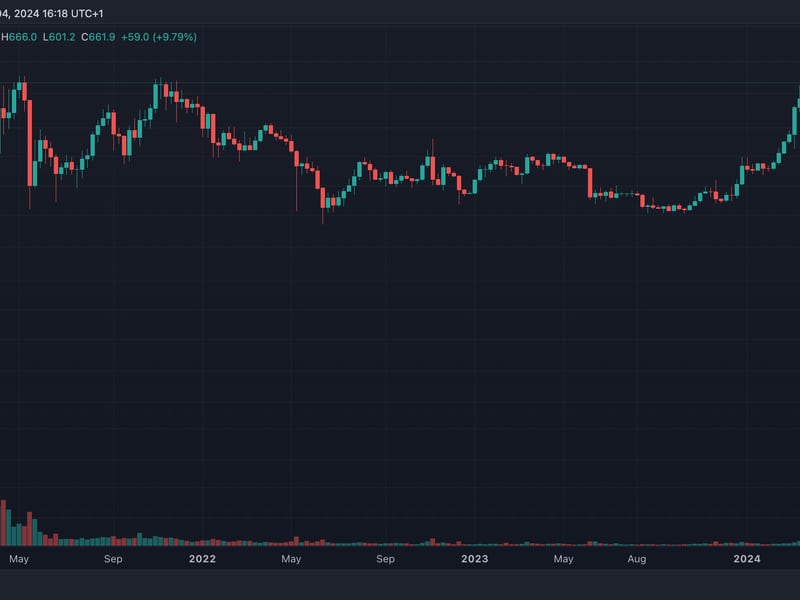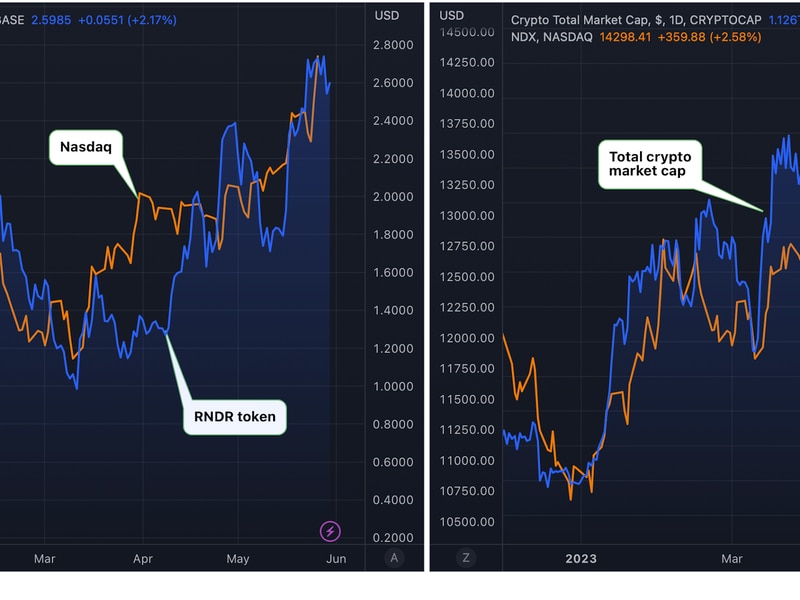You Can Now Get a Master’s in Blockchain From a School in (Where Else?) Malta

Malta, the “Blockchain Island” in the Mediterranean, has a government authority to certify distributed ledger platforms, regulations to manage smart contracts and a framework for launching ICOs.
Now it has a blockchain master’s program, too.
The University of Malta’s Masters Blockchain and Distributed Ledger Technology began its inaugural semester this October, with around 35 students enrolled in the island nation’s only DLT-specific masters program – one of the few such programs around the world.
It is the latest charge in Malta’s islandwide embrace of just about everything blockchain, an effort now well into its second year.
When, in April 2017, Prime Minister Joseph Muscat unveiled plans for Malta to become a”global trail-blazer” in blockchain technology, it stood in stark contrast to most world governments’ reactions to DLT, many of whom were lagging – then as now – in how to proceed.
But the Maltese moved quickly. Lawmakers started passing blockchain-friendly laws and high-profile industry players – including Binance, the world’s largest crypto exchange by volume, and OKEx- announced they would relocate to the island.
In less than a year the plan was paying dividends. Crypto firms were coming ashore and more businesses on the way.
Masters Program Director Joshua Ellul, who also heads Malta’s Digital Innovation Authority, told CoinDesk that in addition to the 15 companies who have already reached out to his DLT students, there’s high demand for government-run blockchain contracts, projects and initiatives.
Plenty of jobs – all looking for highly-trained, blockchain-fluent applicants.
“And this year, here you are,” Ellul told a crowd of students at Malta’s annual DELTA Summit, where, on Oct. 3, he kicked off the University of Malta’s DLT Masters program. “The future Blockchain and DLT specialists – who will lead and drive the Blockchain Island forward.”
With a little help from the government, of course.
An industry disconnect
Last year the Maltese government granted 300,000 euro to fund program scholarships. It also had a hand in its development, Ellul said.
The course trains students in blockchain law and regulation, business and finance, and information and communications technology. Students follow their focus concentration for three full semesters while gaining exposure to the two other fields.
Ellul told CoinDesk this academic diversity prioritizes a broad base of knowledge. Blockchain professionals were experts in sector of the industry, he said, but few could tie the other strands together.
Coders knew little about legal issues; lawyers knew less about launching a business; entrepreneurs just didn’t know how to code.
“We noticed a huge problem between techies and lawyers and business professionals,” said Ellul. “There was a communication disconnect between us.”
That gave him an idea:
“We thought: ‘this would be the perfect place to have a master’s, one serving the multidisciplinary purposes of the different specializations.’”
The program was developed by Ellul and Gordon Pace, a professor in the University of Malta’s computer science department and a member of its Centre for Distributed Ledger Technologies, which Ellul heads.
Malta’s Centre for DLT houses Blockchain Masters’ program. It became a proving ground and think tank in the Masters’ development as faculty from across the university gave their perspective on what should be included.
Pace told CoinDesk that he travelled around Europe speaking to field experts: “We had a feel about what they needed, what type of experts they needed.”
“Right from the very beginning the idea was to have a broad, yet deep program,” Pace said.
Lawyers who code
The masters’ program now gives students a thorough framework in their target discipline with a smattering of useful if hyper-specific tools in other blockchain fields.
Pace, who spent much of his career working on software assurance techniques before entering crypto academia to study smart contracts, will lecture students of all backgrounds on smart contracts – a technological advancement he called a “time bomb waiting to explode” in value.
In December he will begin teaching lawyers and businesspeople how to program smart contracts.
“I hope their reaction won’t be similar to yours,” Pace told this reporter, who has tried, and failed, to learn coding languages in the past.
But bridging that specialization divide is one of Pace’s favorite academic endeavors. And while the program might make smart contract gurus of the ICT-track students, it will also work to improve the knowledge of those less technically-minded students required to take the course, he said.
“I think that the idea they become literate in the technology more than masters is the key.”
Non-ICT students who spoke to CoinDesk for this article agree. Jessica Borg, a graduate of the University of Malta’s law and business programs who returned to study blockchain regulation part-time, will be taking the class in coming semesters.
Borg is a corporate and financial services manager at Grant Thornton Malta, where she said she has seen the impact of the government’s wooing of blockchain firms.
“We’ve seen a lot of volume and a lot of interest” in businesses looking to take advantage of Malta’s regulatory landscape. Borg said. That’s partly why she enrolled in the course: “I thought this was spot-on the next step in my regulatory development.”
Evolving technologies
Ellul, the program director, acknowledged that it can be difficult to design and launch a masters program for a field so rapidly evolving, in business practices, regulation and technology. What students learn one year might quickly pass into irrelevance the next.
But then again, most every tech-minded program faces this challenge; and Ellul said that University of Malta’s will change over time to meet the problems of the day.
He’s more interested in the caliber of multidisciplinary student the program might one day make.
“Over time, perhaps, we should start to consider training a hybrid programmer-lawyer: a law-grammer or let’s say a law-veloper,” Ellul told CoinDesk.
“It’s still early days to see whether we can achieve that.”
Image courtesy of University of Malta









